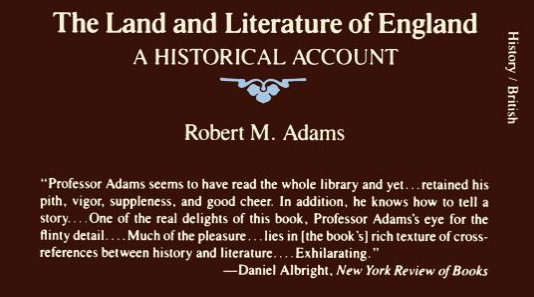Didn't realize "Firecracker," on the first Yellow Magic Orchestra LP, was a Martin Denny cover: [YouTube]
According to Discogs, YMO started as a one-off concept project of Haruomi Hosono's, interpreting Western oriental exotica, which then caught on as a band.
Riuichi Sakamoto and Yukohiro Takahashi originally came in as session musicians.
The Denny piece anticipates David Byrne's Japanese-sounding themes for The Last Emperor, which Sakamoto also wrote music for, so there's some kind of cultural loop thing going on here.

